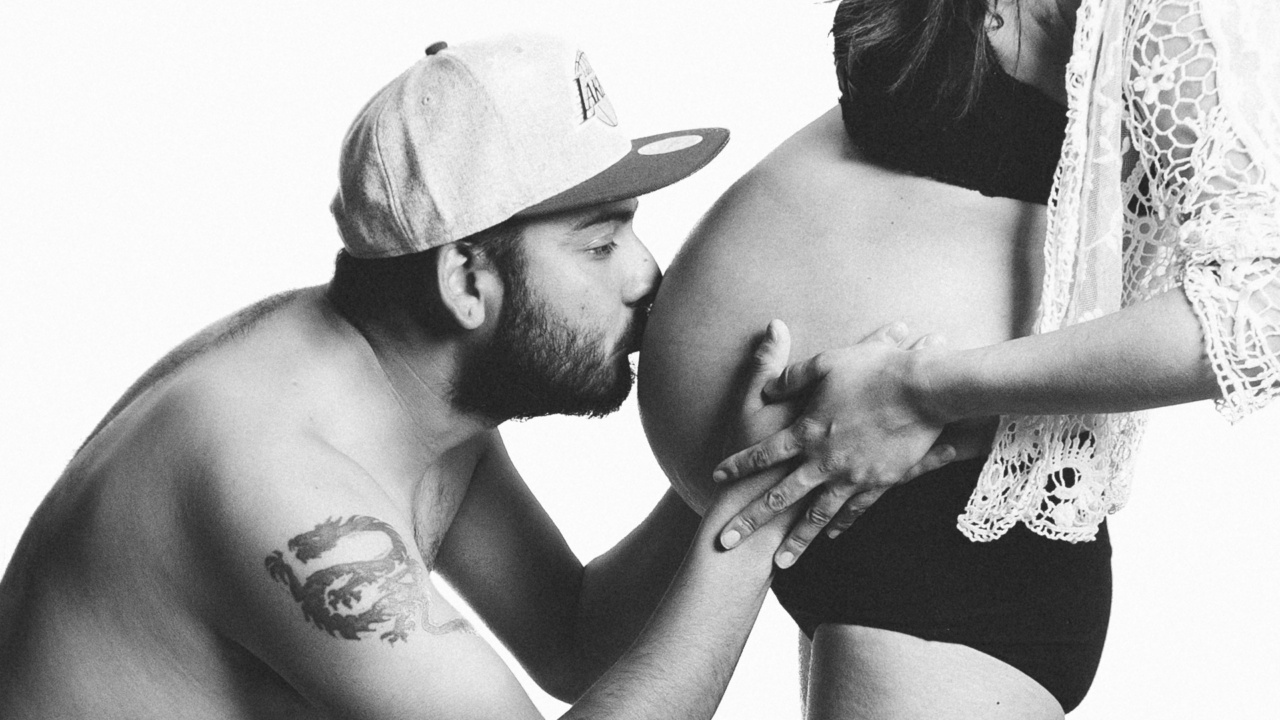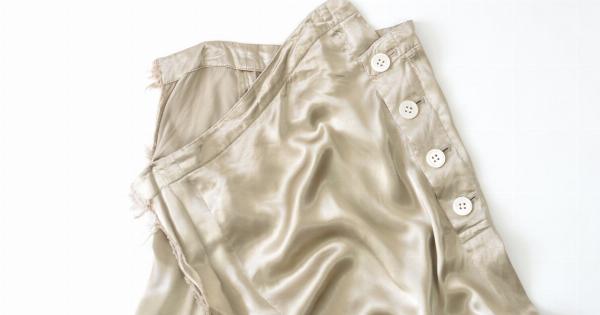Welcome to our comprehensive guide for parents on birth signs and symptoms in babies. As a new parent, it can be overwhelming to navigate the world of newborn care and understand what is normal and what may require medical attention.
In this article, we will discuss the common signs and symptoms you may encounter during your baby’s early days and weeks.
Physical Appearance
One of the first things many parents notice about their newborn is their physical appearance. Here are some common birth signs related to the baby’s physical appearance:.
Skin Color
The color of a newborn’s skin can vary and this is often completely normal. However, there are some specific color changes that may require medical attention. These include:.
Jaundice
Jaundice is a common condition in newborns characterized by yellowing of the skin and eyes. It occurs due to an excess of bilirubin in the blood. While mild jaundice is normal and usually resolves on its own, severe jaundice may require treatment.
Birthmarks
Many babies are born with various types of birthmarks. These can include Mongolian spots, which are bluish-gray markings, or strawberry hemangiomas, which are bright red raised marks.
Most birthmarks are harmless and fade over time, but it’s important to consult your pediatrician if you have any concerns.
Head Shape
Some babies may have an irregular head shape at birth due to the pressure exerted during the delivery process. This is typically temporary and the shape will round out over time.
However, if you notice any extreme or persistent abnormalities, it’s best to consult your healthcare provider.
Feeding and Digestion
Adequate feeding and healthy digestion are crucial for a baby’s growth and development. Here are some signs and symptoms related to feeding and digestion:.
Appetite
During the first few days of life, newborns may have a small appetite and feed frequently. However, if your baby consistently refuses to feed or is not gaining weight, it’s essential to seek guidance from your pediatrician.
Spitting Up
Spitting up is common in babies and occurs when milk or formula is regurgitated after feeding.
However, excessive spitting up or signs of discomfort may indicate a more serious condition, such as gastroesophageal reflux disease (GERD), and warrant medical attention.
Bowel Movements
Bowel movements in infants can vary in frequency and consistency. Breastfed babies often have loose, yellowish stools, while formula-fed babies may have firmer, brown stools.
If you notice blood in the stool, persistent diarrhea, or signs of constipation, consult your pediatrician.
Respiratory System
The respiratory system of a newborn is delicate. It’s crucial to be aware of any signs or symptoms that may indicate respiratory distress. Keep an eye on the following:.
Breathing Patterns
A newborn’s breathing pattern can vary, and it may appear irregular. However, if you notice any signs of rapid breathing, grunting, or prolonged pauses between breaths, consult your pediatrician immediately.
Nasal Congestion
Congestion in the nasal passages is common in newborns. You may notice snorting sounds or difficulty in breathing. Gentle saline drops or nasal suction can help relieve congestion, but if it persists or worsens, consult your healthcare provider.
Skin Rashes
Newborns are prone to various types of skin rashes. While most rashes are harmless and resolve on their own, some may indicate an underlying condition. Here are some common skin rashes you may encounter:.
Diaper Rash
Diaper rash is a common occurrence in infants due to prolonged exposure to wet diapers. Regular diaper changes, gentle cleansing, and applying a barrier cream can help alleviate the rash. If the rash persists or becomes severe, consult your pediatrician.
Heat Rash
Heat rash, also known as prickly heat, occurs when sweat glands become blocked. It appears as tiny, red bumps and is most common in hot and humid weather. Keep your baby cool, dress them in loose clothing, and avoid excessive heat exposure.
Eczema
Eczema is a chronic condition characterized by dry, itchy, and inflamed skin. It often appears as patches of redness and can be triggered by various factors, including allergens or irritants. Consult your pediatrician for appropriate management options.
Conclusion
As a parent, it’s important to be observant of your newborn’s signs and symptoms. While many birth signs and symptoms are normal and resolve on their own, some may require medical attention.
Trust your instincts and consult your healthcare provider if you have any concerns about your baby’s health and well-being.































